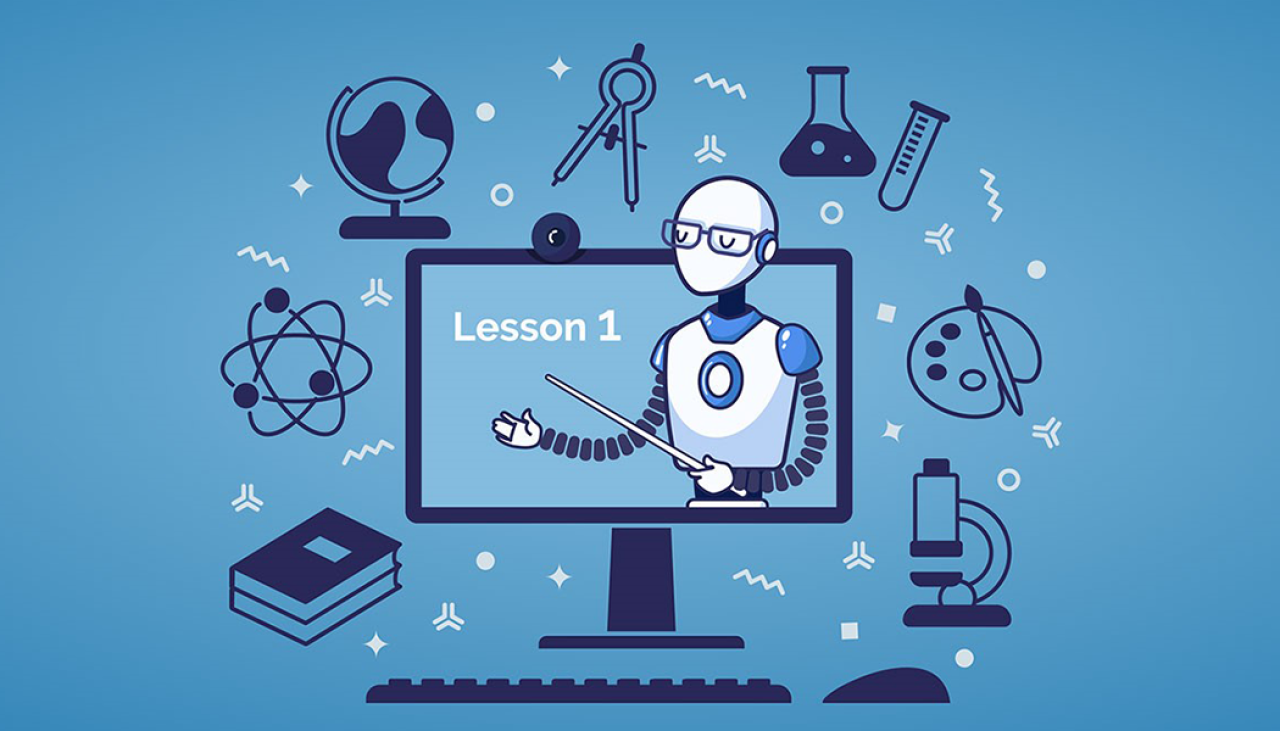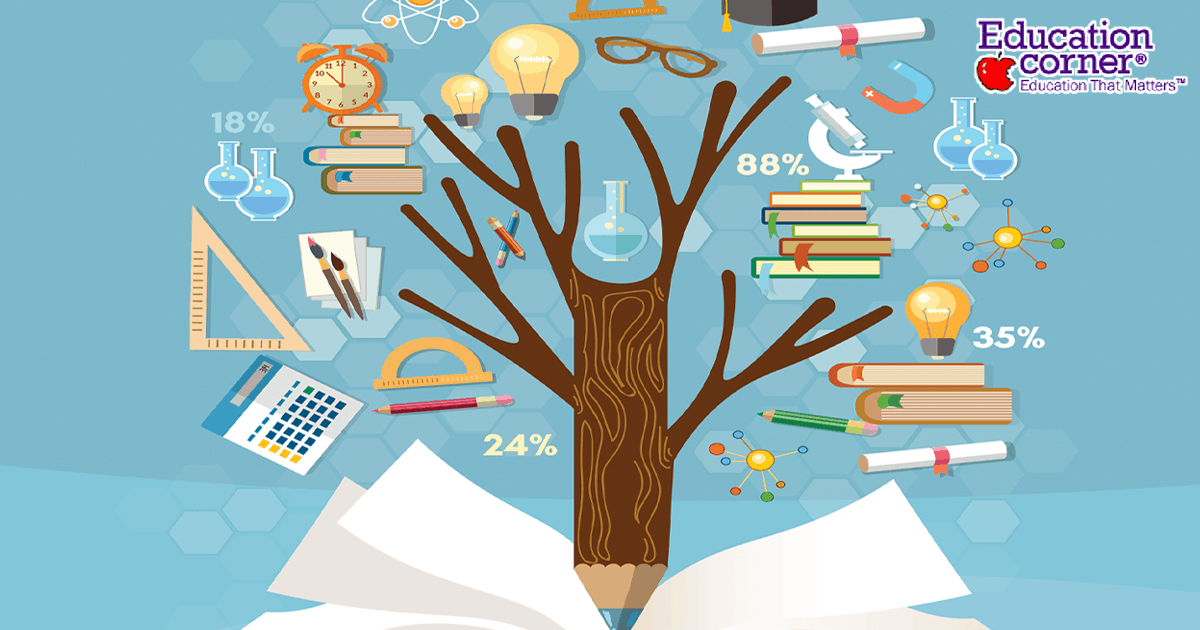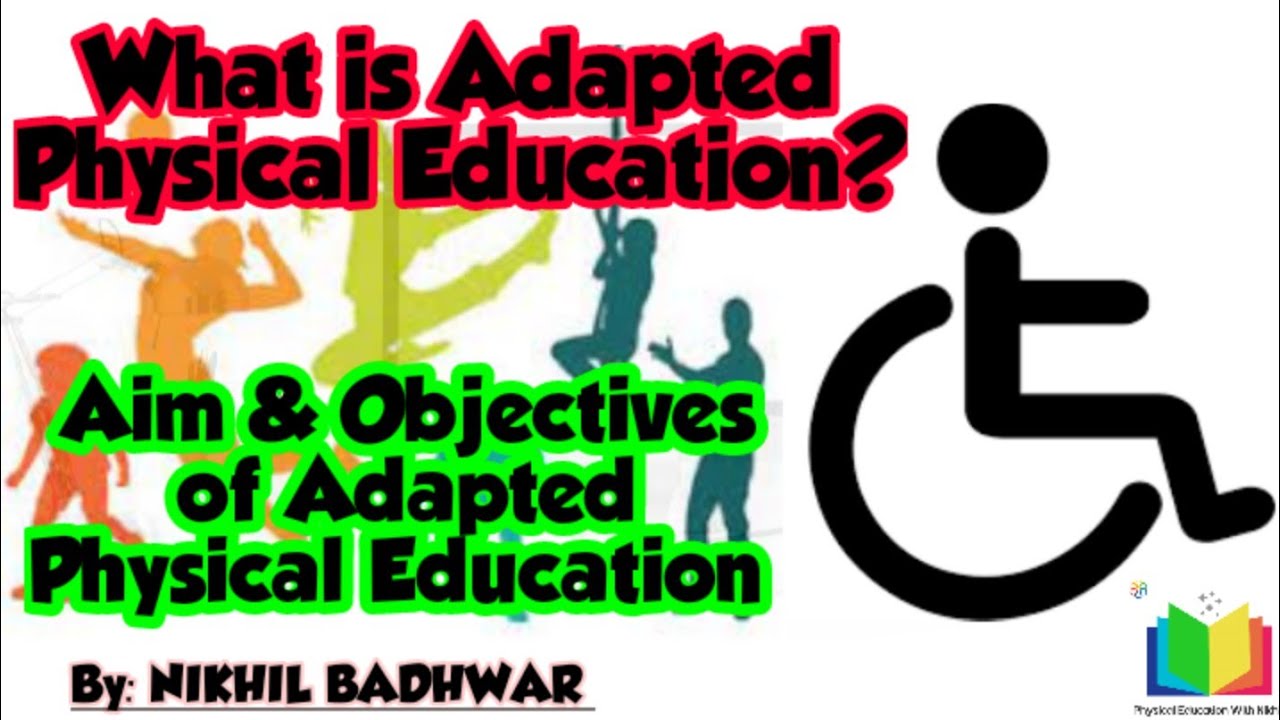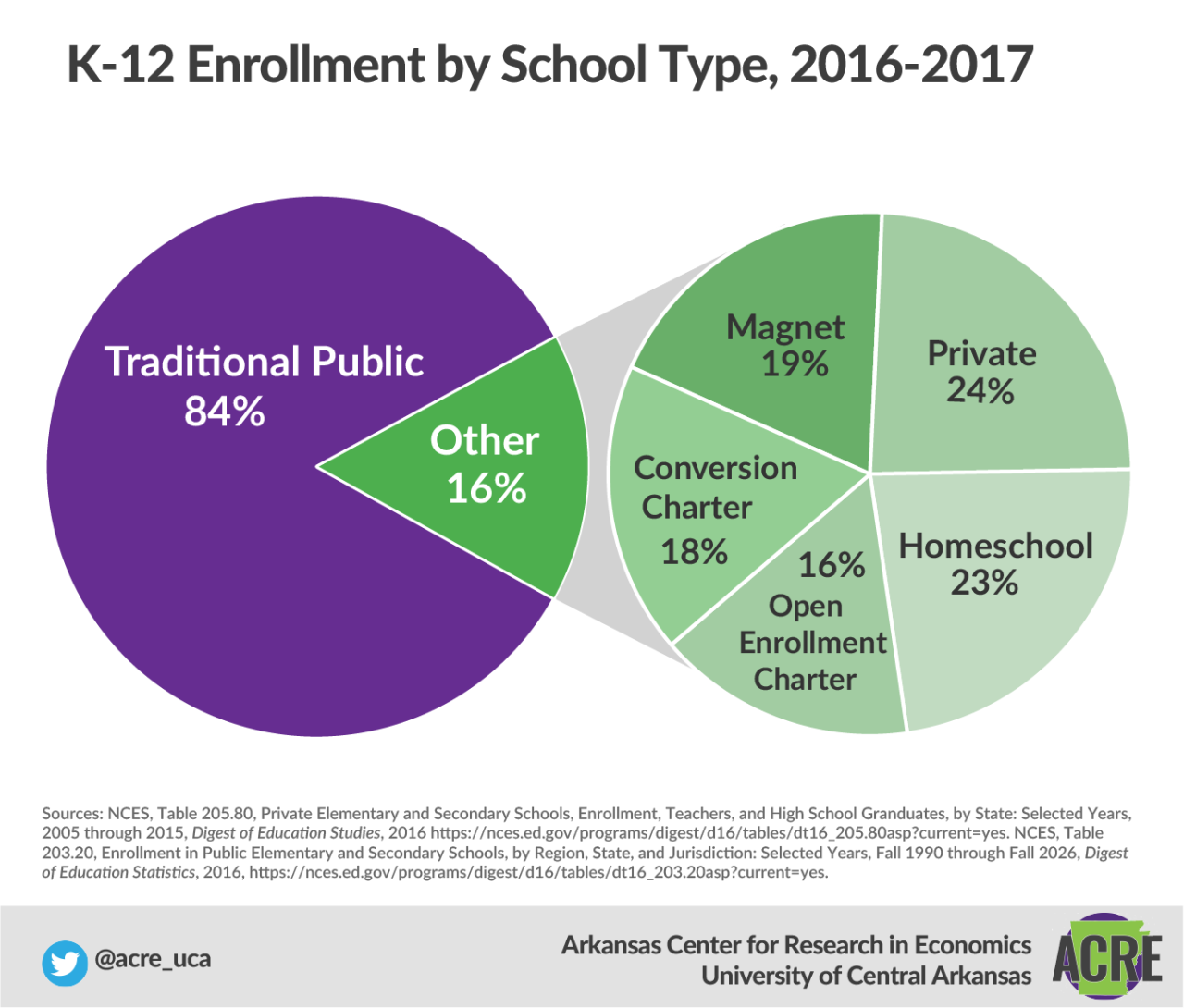AI Education is revolutionizing how we learn and teach. It’s not just about robots in classrooms; it’s about harnessing the power of artificial intelligence to personalize learning experiences, enhance teaching methods, and prepare students for a future where technology plays a central role.
From AI-powered tutors that adapt to individual learning styles to platforms that analyze student performance and provide personalized feedback, AI is transforming education in ways we’ve never seen before. This technology holds the potential to make learning more engaging, efficient, and accessible for everyone.
The Rise of AI in Education

Artificial intelligence (AI) is rapidly transforming various industries, and education is no exception. The integration of AI into educational systems is revolutionizing how we teach and learn, offering personalized learning experiences, enhanced student engagement, and efficient teaching practices.
The Growing Significance of AI in Modern Education Systems
AI is increasingly being recognized for its potential to address challenges in modern education systems. Its ability to analyze vast amounts of data and adapt to individual needs makes it a powerful tool for improving learning outcomes. The growing significance of AI in education stems from its ability to:
- Personalize Learning Experiences:AI algorithms can analyze student data, such as performance, learning styles, and interests, to tailor educational content and provide individualized learning paths.
- Optimize Teaching Practices:AI can automate repetitive tasks, such as grading and providing feedback, freeing up teachers’ time for more meaningful interactions with students.
- Improve Student Engagement:AI-powered tools can create interactive and engaging learning experiences, making education more enjoyable and motivating for students.
- Enhance Accessibility:AI can provide personalized support for students with learning disabilities or those who require additional assistance.
Examples of AI-Powered Personalized Learning Experiences
AI is already being used in various ways to personalize learning experiences. Here are some examples:
- Adaptive Learning Platforms:Platforms like Khan Academy and Duolingo use AI to adapt the difficulty level of lessons based on student performance, ensuring they are challenged but not overwhelmed.
- Intelligent Tutoring Systems:These systems provide individualized instruction and feedback to students, simulating the role of a human tutor. Examples include Carnegie Learning and DreamBox Learning.
- Virtual Learning Assistants:AI-powered chatbots and virtual assistants can answer student questions, provide support, and offer personalized recommendations.
Potential Benefits of AI for Educators and Students
The benefits of AI in education are far-reaching, impacting both educators and students:
- For Educators:AI can streamline administrative tasks, personalize instruction, and provide data-driven insights into student progress, enabling teachers to focus on their core role of teaching and supporting students.
- For Students:AI can create personalized learning paths, provide individualized feedback, and make learning more engaging and accessible. This can lead to improved academic performance, increased motivation, and a more positive learning experience.
AI-Powered Educational Tools and Platforms
The development of AI has led to a plethora of educational tools and platforms designed to enhance learning experiences. These tools leverage AI capabilities to personalize instruction, automate tasks, and provide data-driven insights.
Overview of Popular AI-Powered Educational Tools and Platforms
Here are some examples of popular AI-powered educational tools and platforms:
- Google Classroom:This platform uses AI to automate tasks such as grading and providing feedback, as well as to personalize learning experiences for students.
- Duolingo:This language learning app uses AI to personalize lessons based on student progress and learning style.
- Khan Academy:This platform offers personalized learning paths and adaptive assessments, using AI to adjust the difficulty level of lessons based on student performance.
- Coursera:This online learning platform uses AI to recommend courses based on student interests and career goals.
- Grammarly:This AI-powered writing assistant helps students improve their writing skills by identifying errors and providing suggestions for improvement.
Key Features and Functionalities of AI-Powered Educational Tools, Ai education
AI-powered educational tools often share common features and functionalities, including:
- Personalized Learning Paths:These tools can create customized learning paths based on student needs and learning styles.
- Adaptive Assessments:AI can adjust the difficulty level of assessments based on student performance, providing more accurate and meaningful feedback.
- Automated Feedback:AI can provide instant feedback on assignments, quizzes, and other assessments, freeing up teachers’ time and providing students with immediate insights into their progress.
- Data-Driven Insights:AI can analyze student data to provide teachers with insights into student performance, learning patterns, and areas for improvement.
Applications of AI in Personalized Learning, Adaptive Assessments, and Automated Feedback
AI is being used in various ways to enhance educational practices:
- Personalized Learning:AI can analyze student data to create personalized learning paths, recommend relevant resources, and provide targeted support.
- Adaptive Assessments:AI can adjust the difficulty level of assessments based on student performance, providing more accurate and meaningful feedback.
- Automated Feedback:AI can provide instant feedback on assignments, quizzes, and other assessments, freeing up teachers’ time and providing students with immediate insights into their progress.
AI in Teaching and Learning
The integration of AI into education is transforming how teachers teach and students learn. AI-powered tools are automating tasks, personalizing learning experiences, and enhancing student engagement.
Automating Repetitive Tasks for Teachers
AI can automate repetitive tasks, such as grading assignments, providing feedback, and creating lesson plans. This frees up teachers’ time to focus on more engaging and meaningful interactions with students.
- Automated Grading:AI-powered tools can grade multiple-choice questions, short-answer responses, and even essays, providing teachers with quick feedback on student performance.
- Automated Feedback:AI can provide personalized feedback on student work, identifying areas for improvement and suggesting ways to enhance understanding.
- Lesson Planning Assistance:AI can help teachers create lesson plans, select appropriate resources, and design engaging activities based on student needs and learning objectives.
AI-Powered Tools for Lesson Planning, Curriculum Development, and Assessment Creation
AI-powered tools are available to assist teachers in various aspects of teaching:
- Lesson Planning Tools:These tools can help teachers create engaging lesson plans, select appropriate resources, and design activities based on student needs and learning objectives.
- Curriculum Development Tools:AI can analyze student data to identify areas where the curriculum needs improvement and suggest ways to enhance learning outcomes.
- Assessment Creation Tools:AI can help teachers create assessments that are aligned with learning objectives and provide meaningful feedback to students.
AI-Enhanced Student Engagement and Motivation
AI can enhance student engagement and motivation by providing personalized learning experiences and creating interactive and engaging learning environments.
- Personalized Learning:AI can create personalized learning paths based on student needs and learning styles, making learning more relevant and engaging.
- Interactive Learning:AI-powered tools can create interactive simulations, games, and virtual reality experiences that make learning more fun and engaging.
- Adaptive Learning:AI can adjust the difficulty level of lessons based on student performance, ensuring they are challenged but not overwhelmed, which can help maintain student motivation.
Ethical Considerations in AI Education
While AI offers significant potential for improving education, it’s crucial to consider the ethical implications of its use. Issues such as bias, privacy, and accessibility need careful consideration to ensure equitable and responsible implementation.
Potential Ethical Concerns in AI Education
Here are some potential ethical concerns associated with the use of AI in education:
- Bias:AI algorithms can perpetuate existing biases if trained on data that reflects societal inequalities. This can lead to unfair or discriminatory outcomes for certain groups of students.
- Privacy:The use of AI in education raises concerns about student data privacy. It’s crucial to ensure that student data is collected, stored, and used responsibly and ethically.
- Accessibility:AI-powered tools may not be accessible to all students, particularly those with disabilities or those who lack access to technology.
- Overreliance on Technology:There’s a risk of overreliance on AI, potentially leading to a decline in human interaction and critical thinking skills.
Ensuring Fairness and Equity in AI-Powered Educational Tools
It’s crucial to ensure that AI-powered educational tools are designed and implemented in a way that promotes fairness and equity for all students. This includes:
- Addressing Bias:AI algorithms should be trained on diverse and representative data to mitigate bias and ensure fair outcomes for all students.
- Protecting Privacy:Clear policies and procedures should be in place to protect student data privacy and ensure its responsible use.
- Promoting Accessibility:AI-powered tools should be accessible to all students, regardless of their abilities or access to technology.
- Human Oversight:Human teachers should play a vital role in guiding and monitoring the use of AI in education, ensuring that it complements rather than replaces human interaction and critical thinking.
Strategies for Addressing Ethical Concerns and Promoting Responsible AI Use in Education
Addressing ethical concerns and promoting responsible AI use in education requires a multi-faceted approach:
- Transparency:Educators and students should be informed about how AI is being used in education and what data is being collected.
- Collaboration:Educators, researchers, policymakers, and technology developers should collaborate to ensure that AI is used ethically and effectively in education.
- Regulation:Clear guidelines and regulations are needed to govern the use of AI in education, ensuring fairness, privacy, and accessibility.
- Ethical Education:Students should be educated about the ethical implications of AI and its potential impact on society.
The Future of AI in Education
AI is poised to play an increasingly prominent role in education, transforming how we teach and learn. The future of AI in education holds exciting possibilities, with the development of new tools and technologies that can enhance learning experiences and personalize instruction.
Future Trends in AI-Powered Education
Here are some predicted future trends in AI-powered education:
- Personalized Learning:AI will become even more sophisticated in its ability to personalize learning experiences, tailoring content, pace, and support to individual student needs.
- Immersive Learning Experiences:AI-powered virtual reality and augmented reality tools will create immersive learning experiences that enhance engagement and understanding.
- AI-Powered Tutors:AI-powered tutoring systems will become more sophisticated, providing individualized instruction and feedback that closely resembles the experience of a human tutor.
- Predictive Analytics:AI will be used to predict student performance and identify students who may be at risk of falling behind, allowing for early intervention and support.
- AI-Assisted Assessment:AI will play a greater role in assessment, providing more accurate and efficient feedback on student work and identifying areas for improvement.
Impact of AI on the Roles of Teachers and Students in the Future
AI is likely to change the roles of teachers and students in the future. Teachers may become facilitators and guides, leveraging AI to personalize instruction and provide individualized support. Students may become more independent learners, taking ownership of their learning and using AI tools to enhance their understanding.
Potential Benefits and Challenges of Integrating AI into Education in the Long Term
| Benefits | Challenges |
|---|---|
| Personalized learning experiences | Bias in AI algorithms |
| Enhanced student engagement | Privacy concerns |
| Improved learning outcomes | Accessibility issues |
| More efficient teaching practices | Overreliance on technology |
| Data-driven insights into student progress | Ethical considerations |
Final Wrap-Up: Ai Education
As AI continues to evolve, its impact on education will only deepen. By embracing ethical considerations and fostering collaboration between educators, technologists, and researchers, we can harness the power of AI to create a future where education is truly personalized, engaging, and empowering for all learners.














